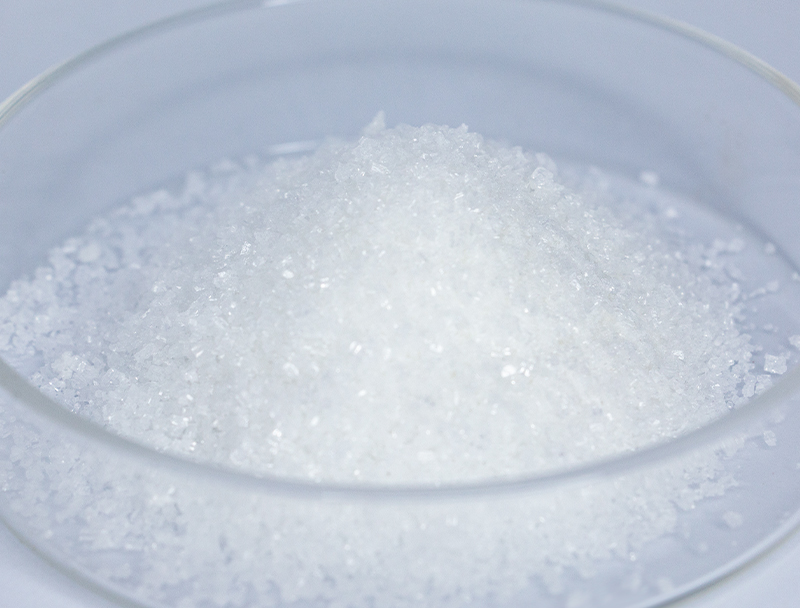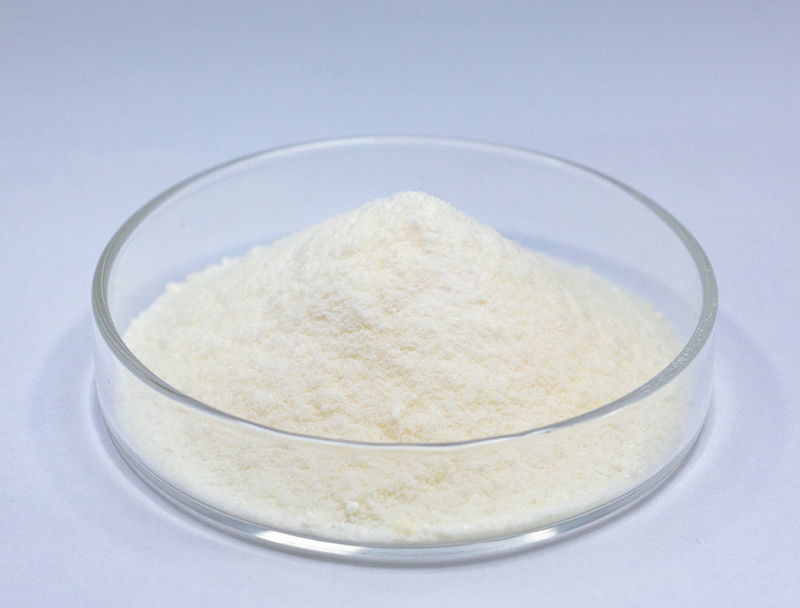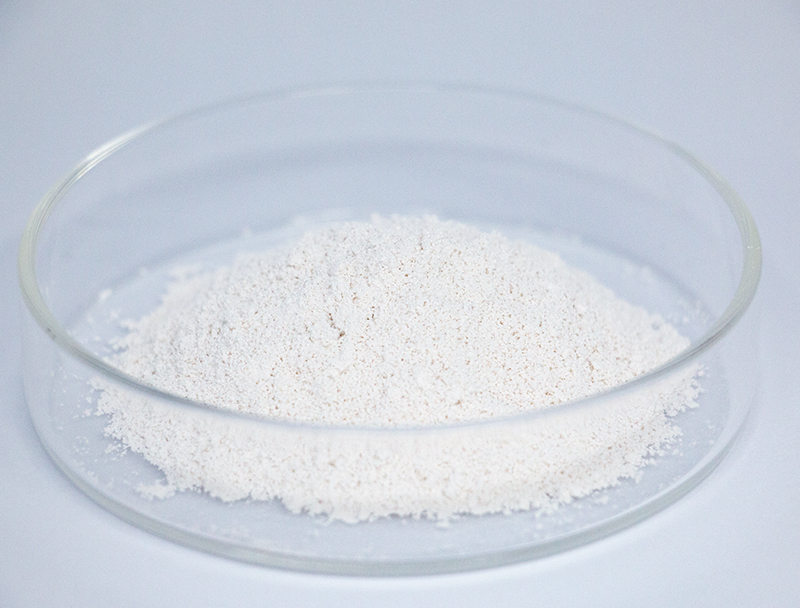
Biotech manufacturing draws predominantly from a broad palette of base components for developing state-of-the-art biosolutions.
Preserving long-term supply of raw inputs forms the foundation of durable, responsible industrial growth.
numerous problems stemming from established sourcing methods like ecosystem disruption and unsustainable harvesting. Hence, stakeholders must deploy sustainable supply practices to minimize environmental costs.
- Samples of circular procurement methods cover:
- Employing waste-stream inputs from industry leftovers
- Deploying circular process designs to reduce discard and boost reuse
- Building relationships with nearby vendors dedicated to moral sourcing
Moving toward responsible sourcing creates ecological improvements and economic resilience.
Enhancing Biomass Composition for Superior Biofuel Results
Enhancing biofuel output is grounded in superior feedstock characteristics. Researchers repeatedly investigate innovative methods to enhance feedstock potential, facilitating elevated yields and a renewable energy transition. Initiatives integrate bioengineering to scale biomass production and pretreatment workflows to free fermentable sugars.
- Moreover, investigations target novel feedstocks like microalgae, municipal residues, and field residues to widen the pool of renewable biomass for biofuel use.
- Thanks to continuous exploration the sector is prepared to realize considerable strides toward an eco-friendlier energy mix.

Next-Generation Upstream Methods in Biopharmaceuticals
covers the early phases of biopharma production including culturing and biological harvesting Ongoing innovations have accelerated process enhancement leading to greater yields.
Crucial progress includes proprietary cell systems, optimized growth media, and adaptive bioreactor architectures. These innovations not only enhance productivity but also minimize production costs and environmental impact.
- Furthermore, there is a growing trend towards continuous processing in upstream processing, allowing for increased flexibility over the production process.
- This move toward intelligent production systems is expected to reshape the industry and hasten drug development.

CRISPR and Beyond: Improving Biopharma Production
breakthroughs in precise gene modification systems have reshaped biopharma production. Through controlled genetic modifications, practitioners increase therapeutic protein production. This capability can unlock development of cost-efficient, high-performance biologics for many conditions.
Applying Microbial Tools to Improve Environmental Remediation
state-of-the-art biological cleanup solutions using targeted microbial actions. Microbial species can metabolize and convert hazardous compounds into benign byproducts.. Using microbial biotechnology enables remediation strategies that balance effectiveness with ecological protection. Scientists are actively exploring a wide range of microbial species with diverse metabolic capabilities to target various pollutants, including heavy metals, pesticides, oil spills.. The microbes may be applied within engineered reactors or in situ to catalyze pollutant degradation via biotransformation..
Biotechnology-driven remediation delivers notable upsides compared to conventional cleanup tactics. This method provides a low-cost, low-waste alternative to conventional remediation. In addition, microbial approaches enable pollutant-specific treatment without broad ecological disruption. The field is rapidly refining methods to make microbial remediation more efficient and broadly effective.
Leveraging Bioinformatics for Novel Therapeutics
Computational tools have grown indispensable in the current drug discovery landscape. By leveraging complex datasets, bioinformatics expedites discovery and optimizes candidate safety and potency.
- With analysis of broad omics and clinical datasets, bioinformatic experts identify targets and model drug effects.
- Moreover, bioinformatics contributes to drug design by simulating the interactions between drugs and their targets, ultimately leading to the development of more effective drugs.
- Ultimately, informatics is transforming R&D and shortening timelines to deliver safe, efficacious therapies to patients.
Synthetic Biology Routes for Elevated Bioproduct Synthesis
applies assorted techniques to boost microbial synthesis of valuable compounds. Options include metabolic rerouting via gene edits, expression tuning through regulatory control, and incorporation of foreign enzymes to expand function.. With precise metabolic tuning scientists can greatly enhance yields of desired compounds.
Such holistic engineering could impact many areas 4-Aminobutyric acid including medical therapeutics, agricultural outputs, and biofuel production.

Scaling Biopharma Production: Hurdles and Advantages
Moving from bench to commercial scale creates complex challenges and valuable opportunities. Keeping consistent product performance at elevated volumes is a significant challenge. This requires robust process control, precise monitoring, and sophisticated analytical techniques.

Also challenging is the layered complexity of biomanufacturing encompassing numerous sequential steps.. Optimizing these processes for large-scale production can be a complex undertaking, requiring extensive research and technological innovation.. Even so, the payoff can be large. Achieved scale can widen availability of treatments, lower manufacturing costs, and boost financial returns.
Multiple programs focus on resolving scale-up difficulties. Plans feature next-gen optimization hardware, sophisticated real-time analytics, and forward-looking production strategies.
- Research and development activities are central to evolving manufacturing capacity.
- Regulators are reforming approval systems to facilitate adoption of advanced manufacturing and nurture innovation.
Charting Regulatory Pathways for Biologics to Safeguard Patients
Engineering biologic therapies includes robust governance to assure patient safety and measure effectiveness. Therapies derived from biological organisms carry special considerations not typical of conventional pharmaceuticals.
Regulators such as the FDA and EMA define authorization pathways and quality standards for new biologic medicines..
Meticulous validation protocols are enforced from preclinical validation to long-term post-market evaluation.. These controls function to identify dangers and ensure biopharmaceuticals achieve premier safety standards..
Concurrently, regulatory organizations fine-tune methods to remain compatible with quick scientific advancements. Measures involve adopting innovative technologies and enabling development acceleration without compromising patient welfare.

Evaluating Plant Biomass for Bioplastic Production
The expanding market for green materials prompts increased R&D into bio-based solutions. Plant-based bioplastics made from biomass feedstocks present a hopeful path to reduced plastic impact. Biomass sources such as cornstarch, cellulose, and sugarcane are usable to produce plastics that biodegrade and reduce ecological impact.
Furthermore, these bioplastics often possess comparable properties to their petroleum-based counterparts, making them suitable for a wide range of applications.. Ongoing R&D is essential to scale plant-based bioplastics and realize circular economic benefits.
Biotechnology's Potential to Transform Health and Food Supply
Biotech innovations hold promise to dramatically impact health and the reliability of food systems. By harnessing genetic engineering, synthetic biology constructs, and advanced cell therapies, technologists deliver capabilities to reduce disease burden, raise crop outputs, and increase food value. Illustratively, crops altered for pest resistance and stress endurance support increased harvests and diminished pesticide usage.. Concurrently, biotechnology drives development of immunotherapies, antibiotics, and diagnostics that play a key role in controlling diseases and improving health metrics. With ongoing research, biotech is positioned to enable broad improvements in health and food security that serve global populations.
 Calcium Propionate
Calcium Propionate